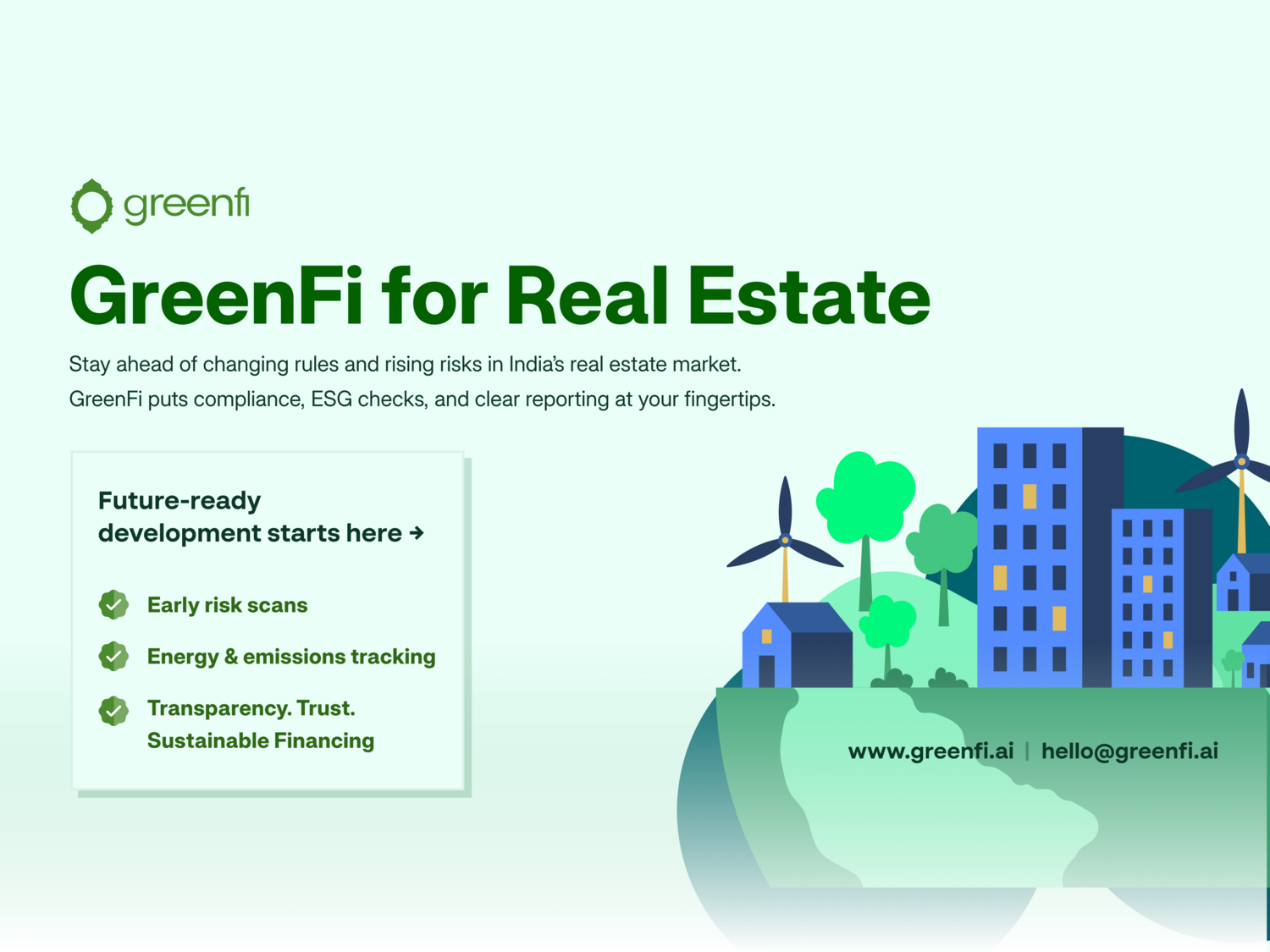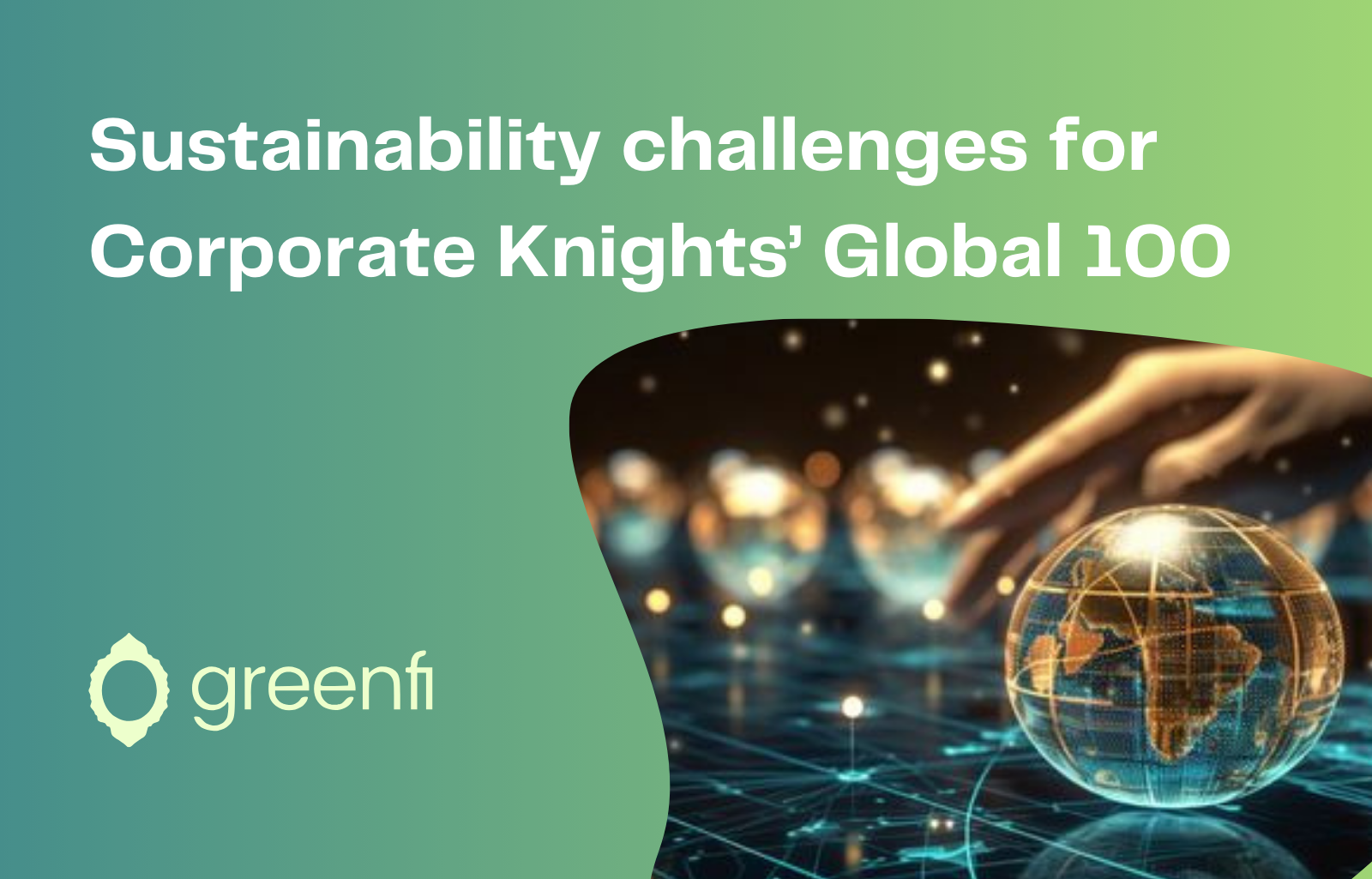India’s Real Estate is Changing
India’s real estate sector has grown steadily over the past two decades. It now contributes around 7% to the country’s GDP and is expected to become a $1 trillion industry (IBEF) by 2030.This growth has brought new opportunities but also new challenges, especially around how projects are planned, approved and delivered.
Recent Incidents that have caught attention :
- The demolition of the Supertech Twin Towers in Noida was a key moment. The Supreme Court ordered the towers to be taken down because they were built in violation of approved plans, ignored environmental rules, and lacked transparency in approvals (Livemint, 2022).
- In Kerala, the Kapico Resort was demolished after it was found to be built on protected coastal land violating environmental rules (The Hindu, 2022).
- In Mumbai, a building near the Worli Sea Face had to be vacated due to safety concerns and irregularities in construction practices (BBC, 2013).
These examples reflect some common challenges:
- Changes made to approved plans without proper permissions.
- Overlooking environmental impact and legal guidelines.
- Lack of transparency with buyers and local authorities
- Regulatory and construction delays.
How the Industry is Responding:
These incidents have led to more awareness in the sector. Developers and regulators are beginning to place more focus on:
- Doing proper checks at the planning stage
- Considering environmental and community impact early
- Improving documentation and approvals
- Being more transparent with buyers and authorities
However, many of these steps are still done manually or only after issues arise.
To address this, there is a need for tools that help make these processes smoother from the scratch.
A Platform that supports this shift:
GreenFi is a digital tool that helps real estate developers manage environmental, social and governance (ESG) issues better from the start of the project till the end.
Some ways GreenFi supports real estate teams:
- Scanning ESG Risks
Developers can identify zoning, land use, or environmental concerns early before they become major problems. - Tracking Environmental Impact
The platform helps monitor energy use, carbon emissions and other environmental factors in real time. - Clearer Reporting
GreenFi simplifies documentation and reporting, making it easier to meet both Indian (BRSR) and international ESG standards. - Better Access to Funding
With clear ESG data, developers are better positioned for sustainable finance options like green bonds or ESG-linked loans. - More Transparency with Buyers
Project teams can share progress and ESG data clearly with stakeholders, helping build trust and avoid confusion.
Moving Forward:
These recent cases show that it’s not just about building structures. There is also a need to build systems that are responsible and future-ready.
With better planning, stronger governance and improved tools, real estate development can move in a direction that is both sustainable and practical.
If you’re working on real estate projects and looking for ways to improve risk checks, compliance and transparency platforms like GreenFi can help make that process more efficient.
To know more, you can write to the GreenFi team at hello@greenfi.ai.









































